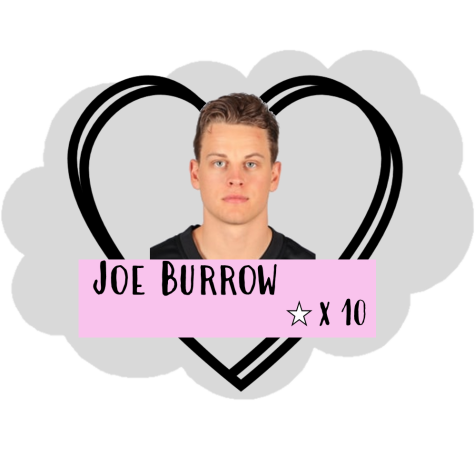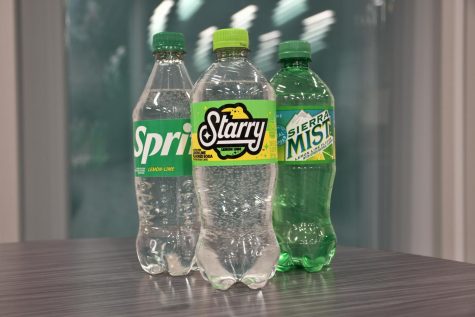How much support should Gen Z show for ‘canceled’ influencers?
March 1, 2021
From Shane Dawson to Jeffree Star, there seems to be a new Gen Z icon being affected by cancel culture every day.
Many of these influencers who were once beloved by Gen Z are now despised.
But what effect does cancel culture have on Gen Z (kids born between roughly 1997 and 2012)? And what exactly is cancel culture in the first place?
First of all, cancel culture is when an influencer does something viewed as wrong by a significant number of people on the internet, so the people band together to punish the influencer, often by ruining that person’s career. Some of the things that these influencers are getting cancelled for have been from years ago when those actions were viewed as socially acceptable.
Many influencers who have “raised” Gen Z have been affected by cancel culture. For example, Shane Dawson, a very popular influencer in 2010 with more than half a billion views on YouTube, was cancelled in early 2020 and has only received more backlash and hate from there.
His actions, both in the past and more recently, include making jokes about racism and pedophelia, manipulating other influencers, and even doing blackface. After shaming him for his actions and ultimately cancelling him, many members of Gen Z publicly talked about how sad they were that he was no longer someone for them to look up to, although they did realize how wrong his actions were.
A similar situation occurred with popular social media influencer Jeffree Star. He rose to fame fairly quickly and used his fame to support his luxury lifestyle.
Towards the beginning of his career as an influencer, he had many supporters and even released a makeup line with Morphe. Shane Dawson even created a documentary about Jeffree Star called “The Beautiful Word of Jeffree Star.”
However, shortly after that documentary was uploaded, Jeffree Star’s career took a turn for the worse when Tati Westbrook, another popular beauty influencer, uploaded a YouTube video titled “BYE SISTER…” That video contained false information about James Charles, a third beauty influencer, causing him to lose almost three million subscribers.
However, Westbrook later came out and apologized to Charles and claimed that Jeffree Star forced her into posting the video. From there, more and more influencers came out about Jeffree Star manipulating them.
Shane Dawson and Jeffree Star may be two completely different types of YouTubers, however the way Gen Z was affected by their cancellations is almost identical.
Many Gen Z members saw them both as role models, and for these icons to suddenly be viewed as bad people was somewhat shocking to Gen Z. They saw people have their careers destroyed, people who Gen Z had watched while growing up, people who had–in a way–comforted them.
Their love for these people that they idolized turned into hate or disappointment, and now for many it feels wrong to look back at their old videos.
However, how wrong really is it to look back at these videos?
Whether watching the videos for entertainment or just to look back at old memories, there can definitely be some uncomfortable feelings associated with them.
However, YouTube demonetized all three of Shane Dawson’s channels, so now viewers can watch his old videos without the guilt of supporting him.
As for Jeffree Star, his YouTube videos are still monetized, however his entire Conspiracy makeup collection has been pulled from Morphe’s websites and shelves.
Gen Z was responsible for not only building these influencers up, but also for tearing them down. Were these punishments enough?
That’s a question each individual must answer for themselves.
Whether former fans should watch these influencers’ old videos or not is a question that each individual must answer for themselves. Each person’s values can be reflected by the entertainment he or she consumes, so ultimately the choice is an individual one.










